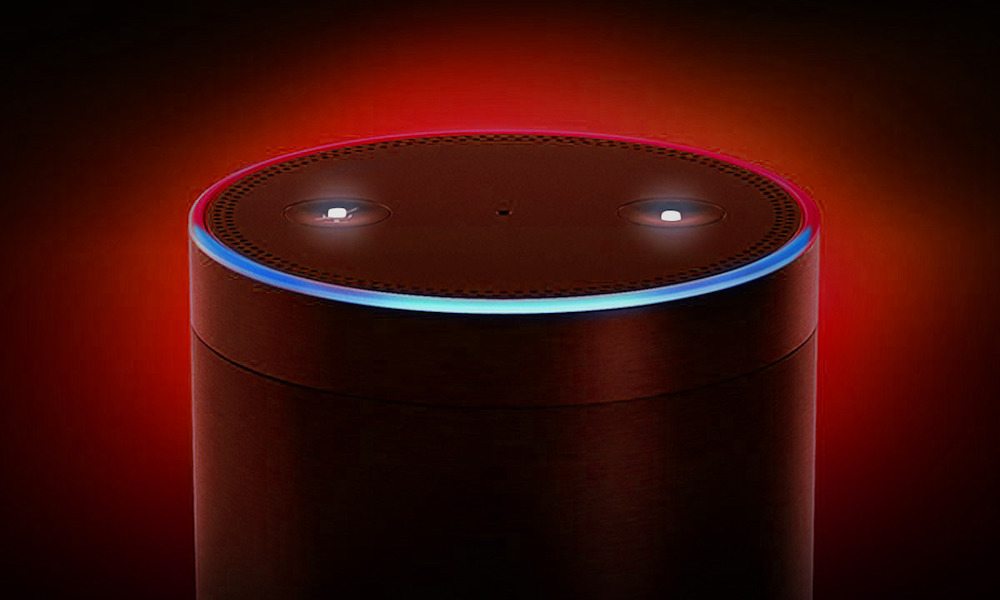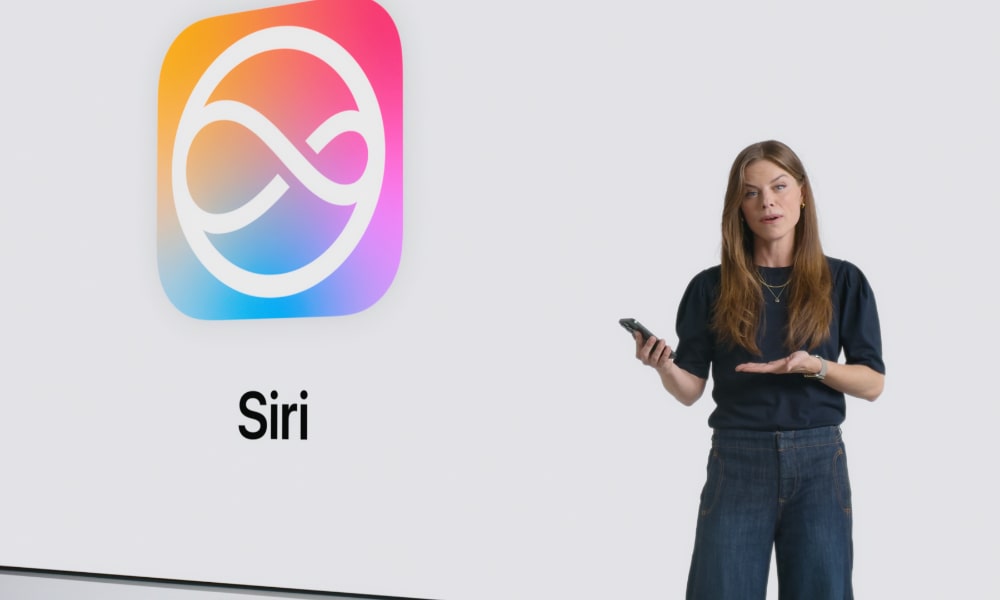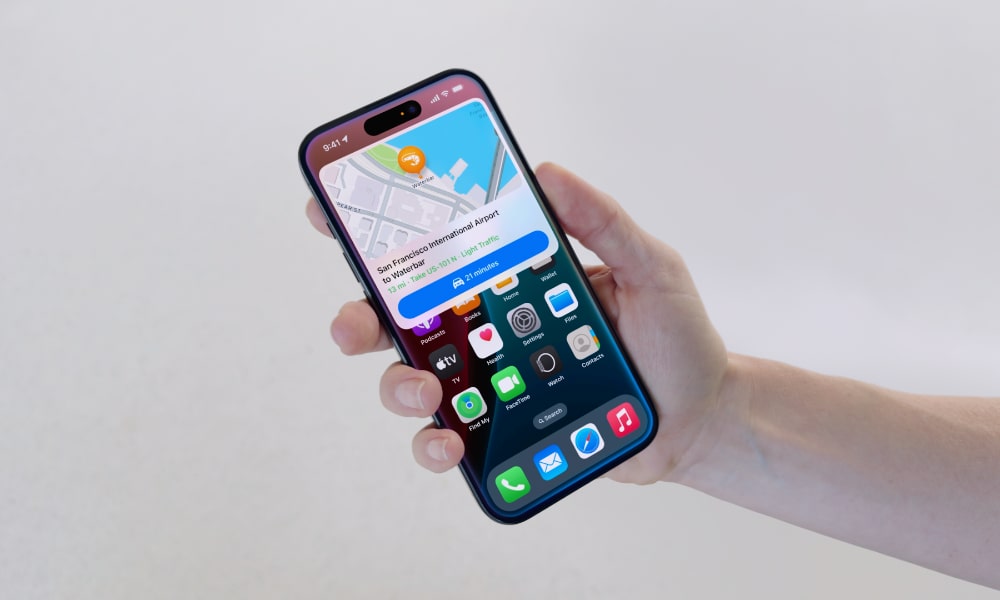Would You Be Willing to Pay for a Better Alexa? Amazon Thinks So…
 Credit: NY Mag
Credit: NY Mag
Toggle Dark Mode
As Apple prepares to unleash significant improvements to Siri in iOS 18, Amazon is also planning the biggest revamp of Alexa since its introduction nearly a decade ago. However, the retail giant has a different strategy for how it intends to pay for its new endeavor.
While Apple’s more AI-powered Siri will have an indirect price tag attached — you’ll need an iPhone 15 Pro or later to enjoy everything it offers — Amazon has come up with the brilliant idea of charging a monthly subscription fee for those who want a better Alexa.
According to Reuters, Amazon has an internal project codenamed “Banyan” (named in honor of ficus trees) that aims to create a “more intelligent and capable Alexa,” and it believes that customers will be willing to pay for the privilege of talking to the “reinvigorated” voice assistant.
Sources speaking to Reuters said that Amazon hasn’t yet settled on a price but expects to set it somewhere between $5 and $10 monthly. It’s also expected to be an entirely standalone subscription — Amazon isn’t even considering bundling it with a Prime membership.
If that idea seems bizarre, it’s no more so than the name the company plans to use for its paid voice assistant tier: “Remarkable Alexa.” The current Alexa has been internally dubbed “Classic Alexa” and will gain some basic AI improvements, while the more powerful “Remarkable” tier will allow for more complicated queries and prompts.
We have already integrated generative AI into different components of Alexa, and are working hard on implementation at scale — in the over half a billion ambient, Alexa-enabled devices already in homes around the world — to enable even more proactive, personal, and trusted assistance for our customers.Amazon spokeswoman in a statement to Reuters
Amazon is pushing its team to have Remarkable Alexa available by August, likely hoping to beat Apple to its formal September rollout of Apple Intelligence and Siri in iOS 18.
However, some Amazon employees on the project see the move as a last-ditch “desperate attempt” to ensure Alexa stays relevant in a world of generative AI while also hoping to turn a profit on it. Senior management has reportedly told the project team that this is a “must win” and that Alexa needs to “finally demonstrate it can generate meaningful sales for Amazon.”
Meanwhile at Apple…

When Amazon debuted Alexa in 2014, it was viewed primarily as a value-add to help it distinguish its Echo line of speakers. Despite Siri’s three-year head start, Alexa gained on Apple’s assistant and even overtook it in some areas. However, it’s begun to languish in recent years.
While Siri is rightfully criticized for some of its failings, those who have used Alexa and other voice assistants find that there are tradeoffs in any of them. Alexa may be better at answering general knowledge questions and excels at helping you buy stuff from Amazon (for obvious reasons), but Siri is on par for controlling home accessories and remains ahead for tighter integration into other apps on your iPhone. For similar reasons, Google Assistant remains in the lead for Android integration.
However, this is the year that Apple plans to change all that, thanks to Apple Intelligence, the company’s name for its new suite of (mostly) on-device AI features.
These will allow Siri to not only be more conversational but also dig into your iPhone for what Apple calls “Personal Context” — the ability to tie disparate pieces of information together to figure out what you want. For example, it can correlate calendar items, text messages, and emails so you can make a request like “What time does my mom land?” and Siri can figure out who your mom is, where she’s going, what flight she’s on, and it’s expected time of arrival.

The best part is that Apple doesn’t plan to charge folks a cent to access any of these improvements. The only thing you’ll need is an iPhone, iPad, or Mac that’s capable of handling Apple Intelligence. Sadly, that means an iPhone 15 Pro or later, but it’s a much lower bar for Apple’s Macs and iPads, where Apple Intelligence can run on anything with an M-series chip, all the way back to the 2020 MacBook Air and 2021 iPad Pro.
This isn’t a plan to force you to upgrade; it’s simply the way demanding AI technology works. All of Apple’s M-series iPads and Macs have at least the 8GB of RAM needed to handle the large language models (LLMs) that power Apple Intelligence. However, among iPhones, only the iPhone 15 Pro meets that standard; older models are saddled with 4GB or 6GB, which won’t cut it.
After all, as Apple’s Senior VP Greg Joswiak pointed out, if the company’s goal was to sell more hardware, it could have easily drawn the line at this year’s M4 iPad Pro as well — as some theorized it would when it introduced that bleeding-edge chip. Yet, while Apple touted the overall power of the new chip in handling everything from video editing to AI, it never once suggested it was “its first truly AI-powered device.”
Nevertheless, Apple Intelligence isn’t the only reason to upgrade to a new iPhone, and there are far better reasons to move up from an A-series iPad or an Intel Mac if you haven’t already. So, it’s hard to argue that Apple is making anybody pay for a better Siri, and it’s certainly not considering turning it into a subscription model. You can pay for lots of other Apple services, but you’ll get the best Siri that Apple Intelligence has to offer whether you’re an Apple One Premier subscriber paying for an extra 12GB of iCloud storage or don’t subscribe to any Apple services at all.
Amazon should pay attention since the most remarkable thing about its “Remarkable Alexa” may be how many people are scared off by the monthly price tag.







